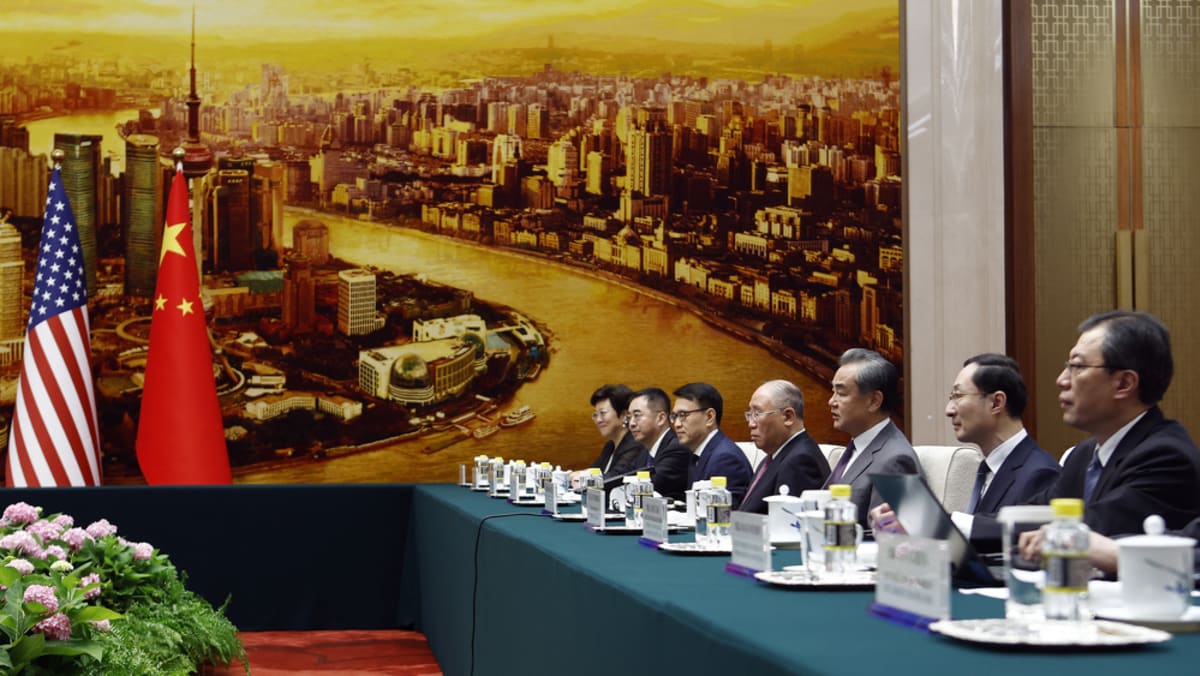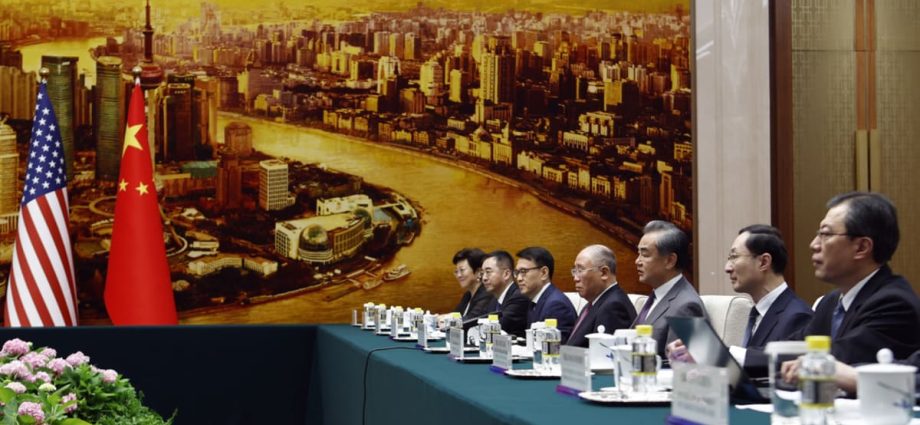
CHINA WALKING A FINE LINE BETWEEN TWO WORLDS
Experts expect China to continue walking a fine line between the developed and developing world. It remains reluctant to take on a more intermediary role, they said.
It is a position that deflects calls for Beijing to take on a more assertive role in climate leadership, yet maintains its position of economic influence among countries calling for more financial assistance from the West.
“They are unwilling to agree to developed country obligations, such as contributing to a loss and damage fund, because they see this as a slippery slope to broader obligations. So it seems they are often selective and strategic in how they portray climate leadership,” Ms Hsu said.
This “special” role could come under more pressure from nations feeling restless about the lack of progress on loss and damage in particular.
Beijing will again likely speak in solidarity with those calling for the mobilisation of assistance funds, another possible flash point with Washington, which has been a consistent drag on the concept.
“China should leverage its ‘in-between’ position to align the (Global) South and North. Its unique status could be the source of an identity crisis, but could also be an asset for Beijing to be a trusted friend with both sides,” Mr Li said.
“The world is anxiously waiting for China to redefine itself,” he said.
China has kept up its breathtaking levels of installing solar and wind power infrastructure and remains crucial to the value chain of green technologies like solar cells, thermal heating and electric vehicles.
But its levels of international engagement have not been fully revived post COVID-19.
Overseas development spending that has been ostensibly frozen under the Belt and Road Initiative has yet to resume in any form under the country’s new project, the Global Development Initiative. A key potential plank of China’s green leadership remains unfulfilled.
For two years, no overseas energy sector lending has been recorded from China’s two development finance institutions to foreign governments, according to research by the Boston University Global Development Policy Center.
“Now is the time for China to use its scale and experience to redirect development finance towards greener goals,” Dr Cecilia Springer, a non-resident fellow with the centre’s Global China Initiative, said in a statement.
But China has remained steadfast about not bowing to outside pressures, a position unlikely to yield at the negotiating tables at COP28.

